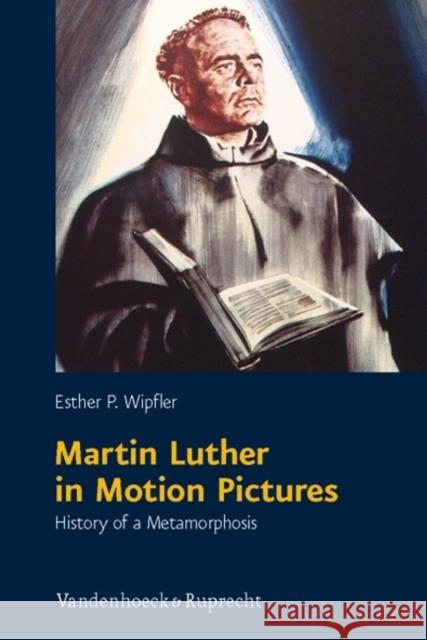Martin Luther in Motion Pictures: History of a Metamorphosis » książka
Martin Luther in Motion Pictures: History of a Metamorphosis
ISBN-13: 9783525550199 / Angielski / Miękka / 2011 / 221 str.
Feature film has done more than any other medium to shape the image of Martin Luther held by the common public in the 20th century. Luther films have always - apart from the very earliest - been ambitious undertakings, staffed by personnel that include leading representatives of theology and expert consultants in ecclesiastical history. Nonetheless, the Luther film has been largely bypassed by traditional Luther scholarship. The status of the historic figure as a national myth in Germany and a Church founder in America required a cinematic concept that was closely linked with theological issues as well as the self-image of the Lutheran Church. The present study is chiefly concerned with working out the interests brought to bear on each film project by its initiators and the impact each has made on the image of Luther in film in its historical context. There is no other medium that allows for a clearer reading of the history of the change in the Lutheran mindset during the past century than in film. This mass medium shows how scholarship, whether in respect to psychology or the interpretation of the Reformation as a media reformation, was popularized. Moreover, the film fairly consistently sticks to the positive image of the hero. Whereas the view of Luther in German films increasingly emphasized the nationalist element until 1927, since 1953 the Anglo-American tradition has placed the emphasis on the element of liberation from conventional thinking, and from the authorities of the Middle Ages as well as on new beginnings. That was the image that became the basis for all later filmic representation. Therefore it is legitimate to speak of an Americanization of Luther in film. Some main aspects of Luther's image can be seen in both the European and the American traditions. Moreover, viewer response to the Luther film has shown itself to be an indicator of the degree of secularisation in a society. It also shows whether and if so, how strongly, links to a particular religious affiliation are perceived at a given time.











